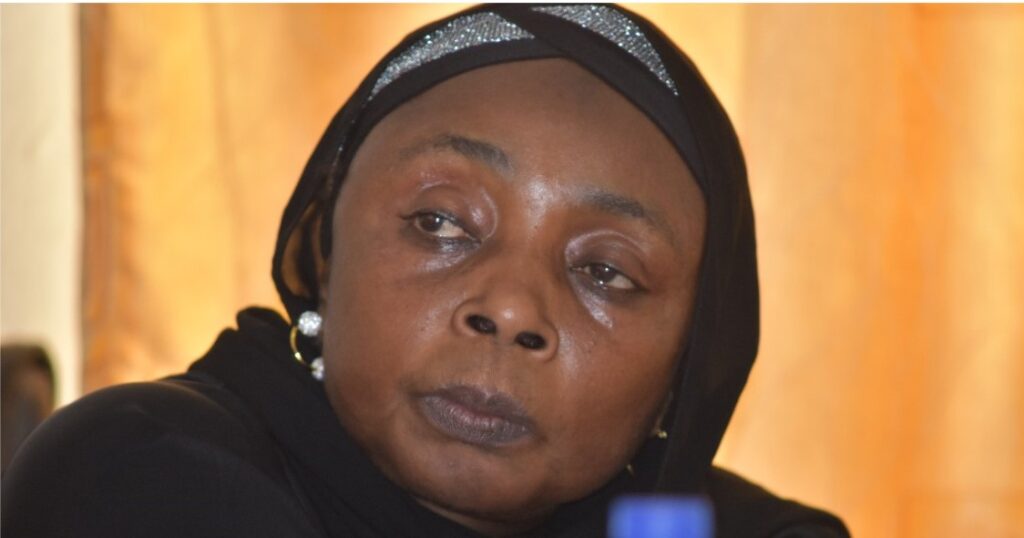Volunteer Post
Celebrating Women’s Power through Volunteering: Interview with Assa Kante
In celebration of Women’s History Month, we spotlight Assa Kante, whose profound dedication to volunteerism exemplifies women’s significant contributions to societal development. With three years of experience as a volunteer, Assa brings a wealth of experience and enthusiasm to her work, focusing on global development initiatives.
How long have you been volunteering with us?
Three years.
What motivated you to start volunteering for our cause?
To bring my experience and energy to global development.
Can you share a memorable experience you have had as a volunteer?

A paired assignment on PPP in Mali was an experience sharing with the US volunteer Dave Pearce and the AWLAE group. It was a memorable experience because 1) the knowledge and skills acquired in the process reinforced my performance and 2) my interaction with the AWLAE fellows, a program I launched decades ago. I have missed these ladies for years. The assignment was an excellent opportunity for me to see them. The assignment allowed storytelling among these fellows who worked together at a young age and met again at our retirement. We all understand that we still serve rural women even at an old age. The AWALAE leaders and I planned to organize step-down sessions for other female groups and to reinforce PPP in reaching their vision and achieving their goals.
How do you think volunteering has impacted your personal and professional life?
Volunteering has changed my view on delivering service to society without expecting any monetary reward. It has helped me inspire other experts and beneficiary groups to understand the philosophy and culture of volunteerism. This has transformed me into a more socially influential person who freely shares my competence and experience in solving problems.
In what ways do you believe your volunteering work has contributed to empowering women in our community and aboard?
The recommendations formulated were applied in this particular assignment, and action plans were developed. The AWLAE group used appropriate tools to connect with partners. They were able to analyze their internal and environmental strengths and weaknesses and had a holistic view when planning projects.
Who is a woman in history you admire and why?
In Malian history, Nieleni was a Niowara (the lion of millet production). She was a lady who went down in the history of Mali as a lady, a very great farmer. She was a hard worker and competed with male farmers to get the highest millet yields of her time. I admired Nieleni because she never underestimated herself as a woman and believed she could be as productive as men in farming.
Today, she represents a powerful symbol of food sovereignty. You pronounce her name; everyone knows what this name represents, as a foster mother, a farmer mother, who fought to assert herself as a woman in an environment that was not favorable to her. Usually, in Africa, women are culturally biased to be visible, although they are recognized as women with 1000 arms, getting up before everyone and going to bed after everyone. In her time, Nielsen excelled by her actions, not words.
What message would you like to share with other women thinking about volunteering?
Together, we can be volunteers. Let’s be role models and inspire others to share our expertise.
If you could solve one issue affecting women today, what would it be and why?
Education and training: I will never leave a girl or a woman behind. Education and training have always helped solve many women’s problems related to health, food security, and wealth generation. Here is a saying in our native language: If you educate a man, you educate one person or an individual, but if you educate a woman, you educate a nation.
Please share a quote that inspires you.
“Each time a woman stands up for herself, she stands up for all women.”
Assa’s journey and insights are a beacon of inspiration, captured in the powerful assertion that every act of self-advocacy by a woman is a stride toward collective empowerment. Her narrative not only celebrates the achievements of women volunteers but also calls for continued support and recognition of their vital role in shaping a more equitable and progressive society.
